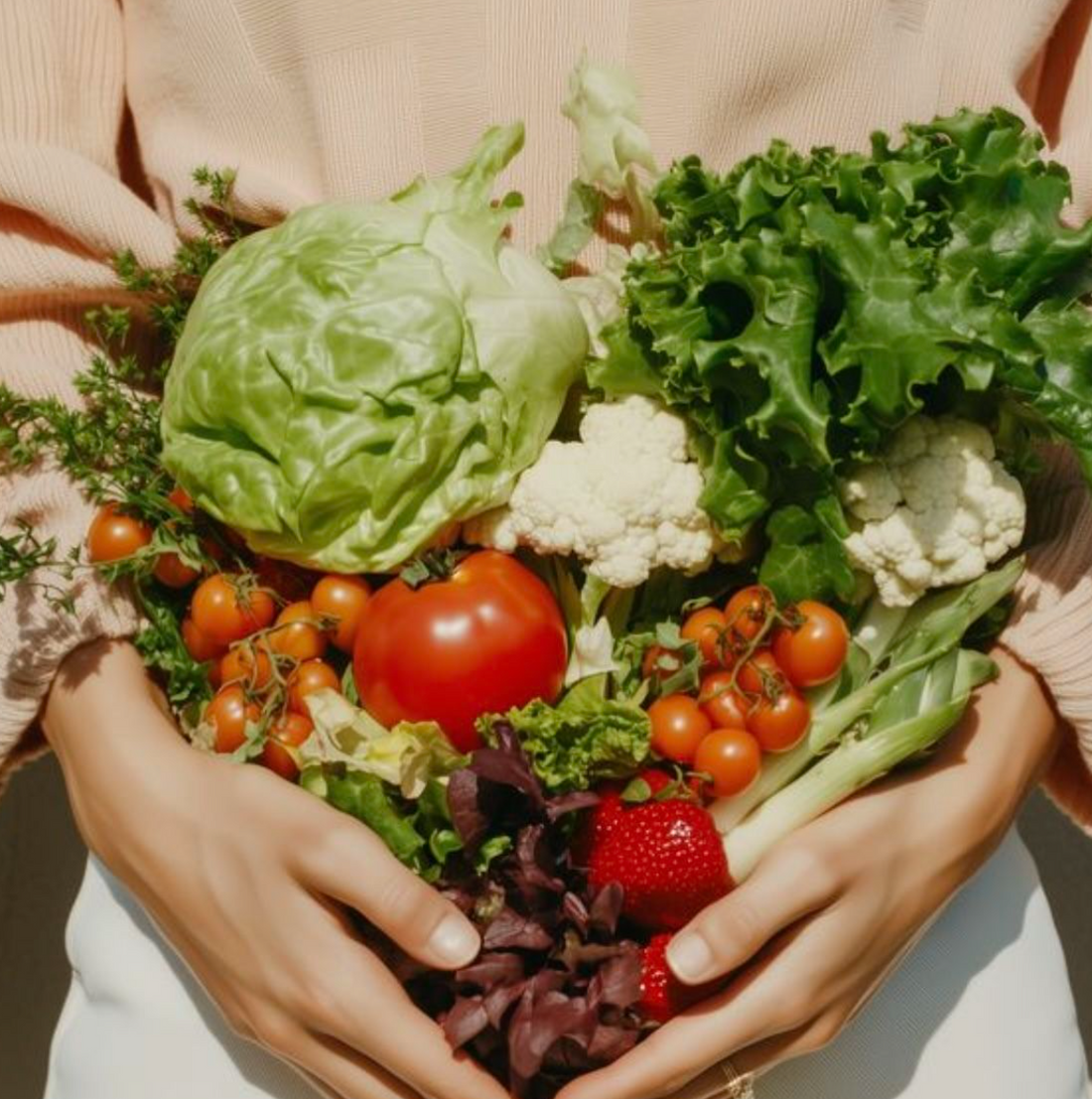
How Anxious Attachment Shapes Your Belly
Share
To what extent is someone’s gut health influenced by their anxious attachment style?
This is a question I’ve been pondering for the longest time.
As many of you know, I deeply believe in holistic wellbeing: that beautiful balance between mind, body, and soul. When one of these is out of sync, the others often echo the imbalance. So if our emotional world is filled with anxiety, fear of abandonment, or the constant “what ifs” that come with anxious attachment, it’s no surprise that our body (and especially our gut) can feel the effects too.
There’s a growing body of research showing that chronic anxiety profoundly influences gut health. While scientists haven’t yet studied “anxious attachment” directly, they have explored how anxiety, stress, and emotional dysregulation (all core experiences for anxiously attached individuals) affect the gut-brain connection.
Here’s what happens:
Your brain and gut are in constant conversation through what’s called the gut–brain axis: a network of nerves, hormones, and immune signals that connect your thoughts and emotions to your digestion, immunity, and even your mood.
When anxiety or attachment stress hits, your body releases stress hormones like cortisol and activates the sympathetic nervous system (that “fight or flight” mode). Over time, this can:
-
Weaken the gut’s protective barrier (“leaky gut”),
-
Reduce the diversity of your gut microbes,
-
Increase inflammation, and
-
Trigger digestive symptoms (bloating, pain, IBS-like flare-ups).
In turn, an imbalanced gut can send distress signals back to the brain, making you feel even more on edge. It becomes a vicious cycle: anxiety affecting the gut, and the gut amplifying anxiety.
Now the question is: how can we escape this vicious cycle?
As I have mentioned many times before, healing anxious attachment is a holistic journey: involving mind, soul, and body. While I’ll share mind and soul tips in my next posts, here are some gentle, science-backed ways to nourish your gut starting today:
1. Feed your gut microbes with real, fiber-rich foods.
Whole grains, fruits, veggies, and legumes are full of prebiotic fibers that feed the good bacteria in your gut. These bacteria create short-chain fatty acids (SCFAs) that reduce inflammation and strengthen the gut lining, helping your whole system feel safer!
2. Add a little fermentation magic.
Foods like yogurt, kefir, kimchi, sauerkraut, and kombucha contain live microbes that can help restore balance to your gut ecosystem. In a 2022 study, people following a “psychobiotic” diet (high in fiber + fermented foods) reported a 32% reduction in stress after just four weeks!
3. Sleep, move, and hydrate.
Movement improves gut diversity, hydration supports digestion, and quality sleep helps regulate your stress hormones: all vital for gut and emotional healing.
While healing your gut won’t magically dissolve every anxious trigger, it will create the foundation for emotional stability and resilience.
Your body and mind are on the same team: each reflecting what the other feels! So as you begin nourishing your gut, you’re also gently reminding your nervous system: It’s safe to relax.
In my next post, I’ll share tips for healing the mind and soul: from managing attachment triggers to grounding techniques for emotional regulation.
For now, honor your gut with kindness, and watch the magic happen!

